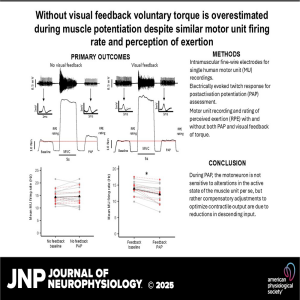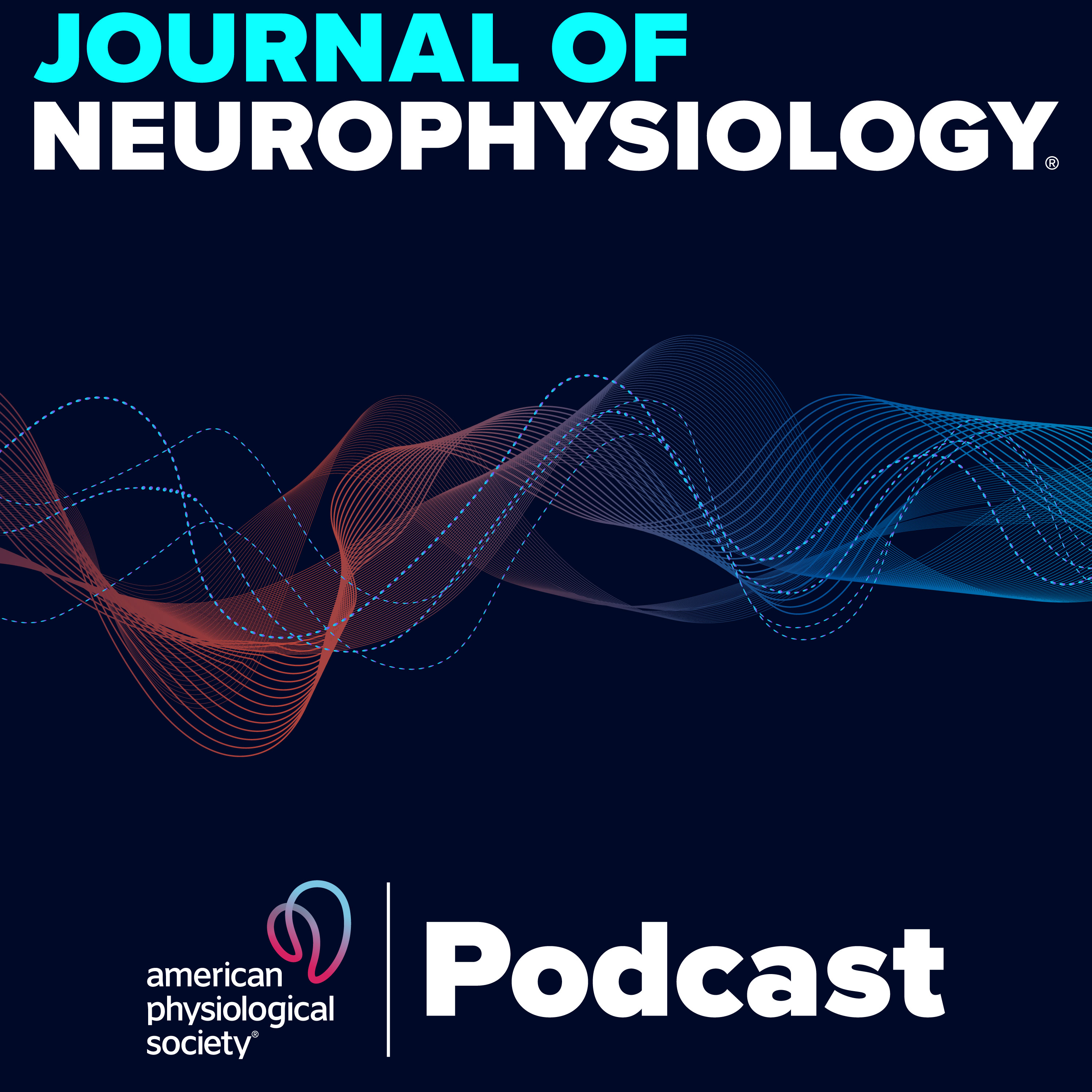Episodes

3 days ago
3 days ago
In this episode, lead author Alexander M. Zero highlights their newly published research, “Without visual feedback voluntary torque is overestimated during muscle potentiation despite similar motor unit firing rate and perception of exertion.”
Alexander Zero breaks down their findings on how visual feedback — or the lack of it — influences voluntary torque control during muscle potentiation. Despite changes in muscle state, the study reveals that motor unit firing rates and perceived exertion remain consistent without visual cues. This suggests that the nervous system adjusts motor output not through peripheral feedback, but through central mechanisms influenced by perception.
Tune in for a fascinating dive into neuromuscular physiology, the role of sensory feedback in motor control, and what these insights mean for athletic training, rehabilitation, and our broader understanding of voluntary movement.
Journal of Neurophysiology 2025 133:3, 775-783


No comments yet. Be the first to say something!